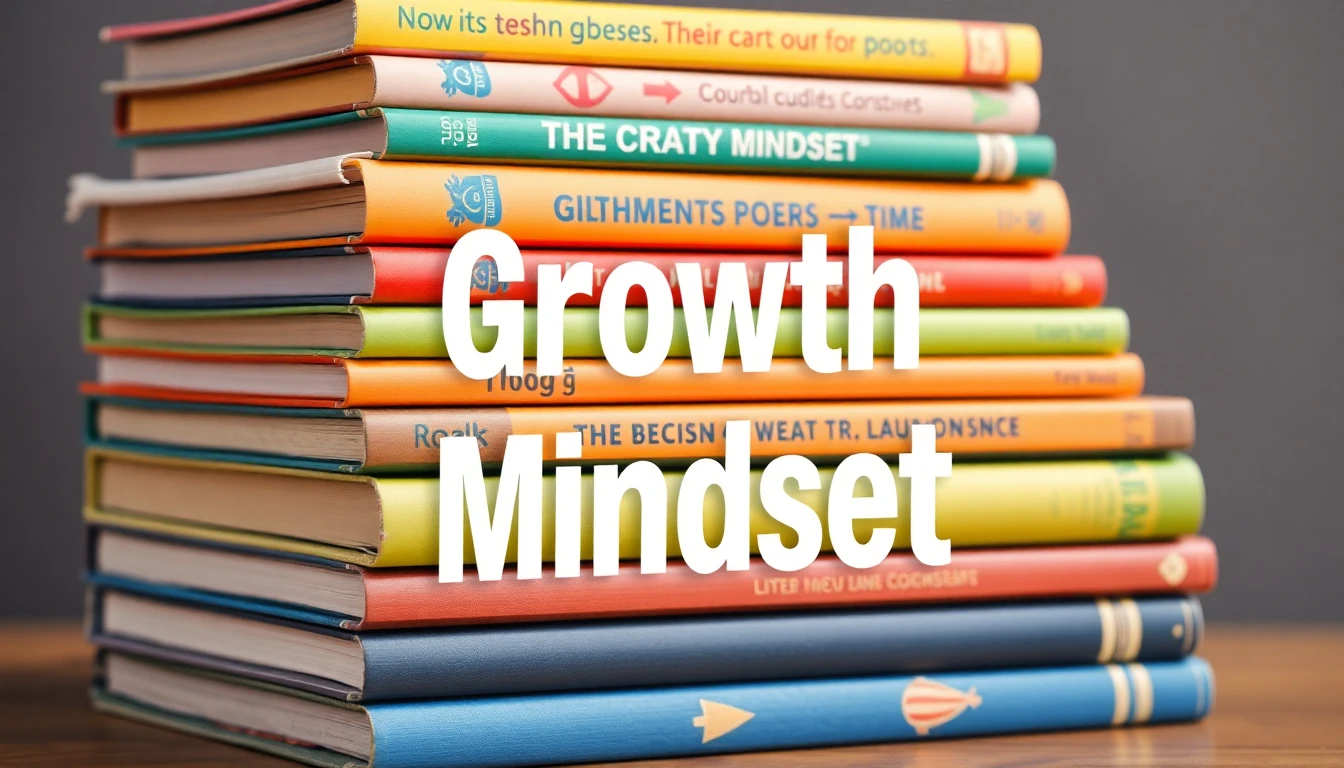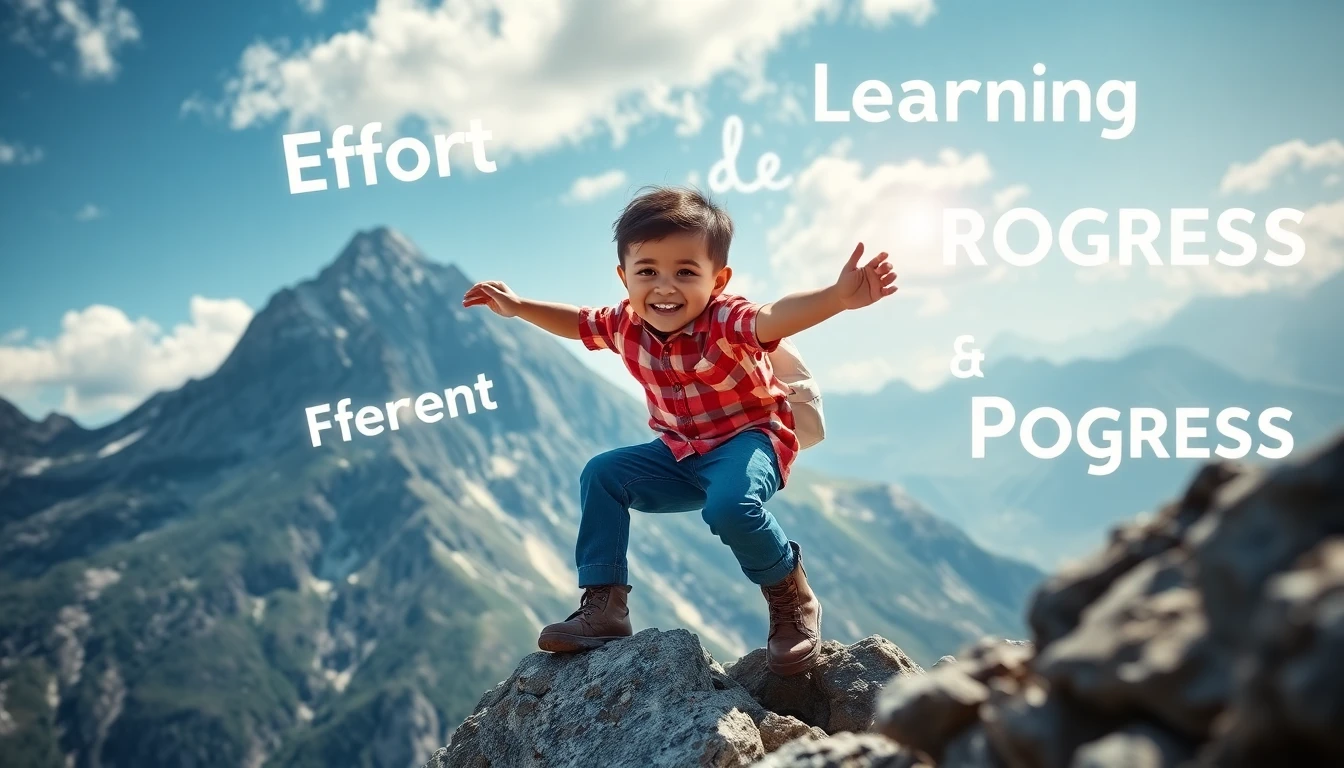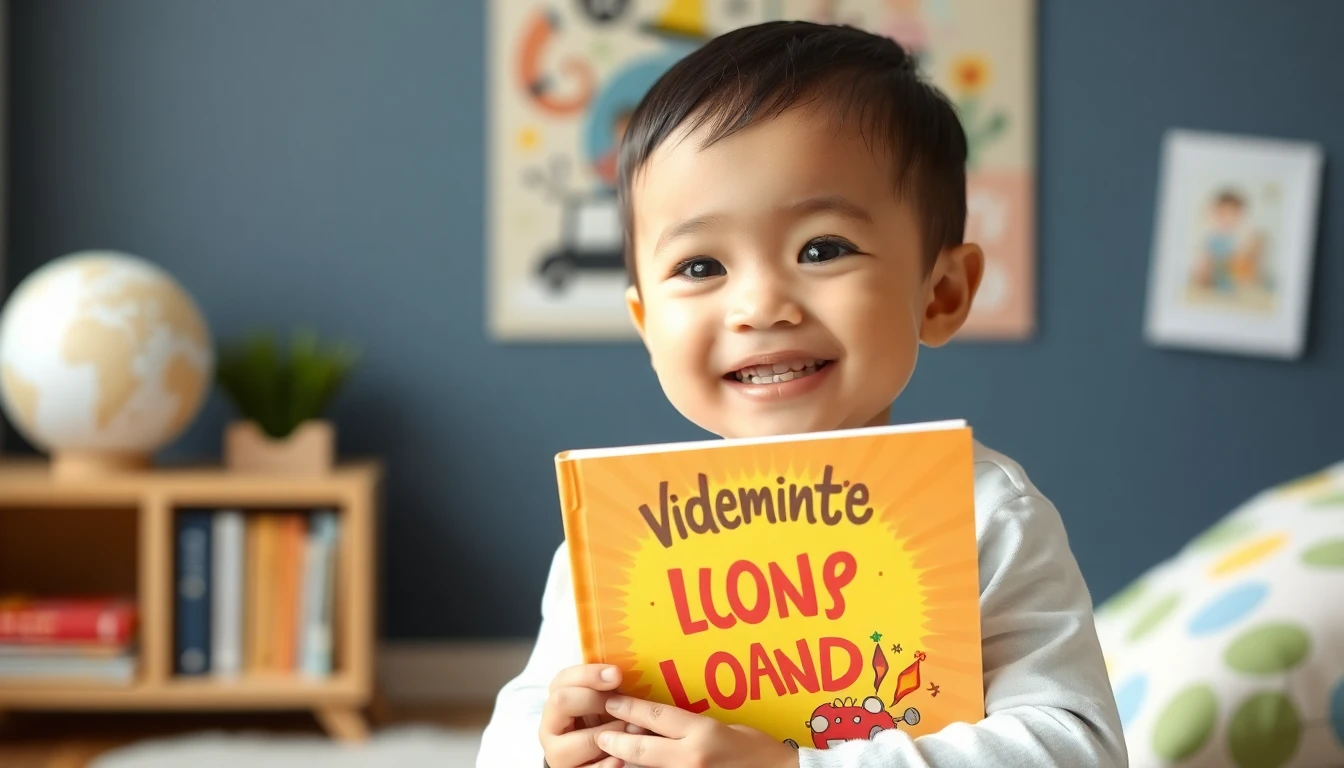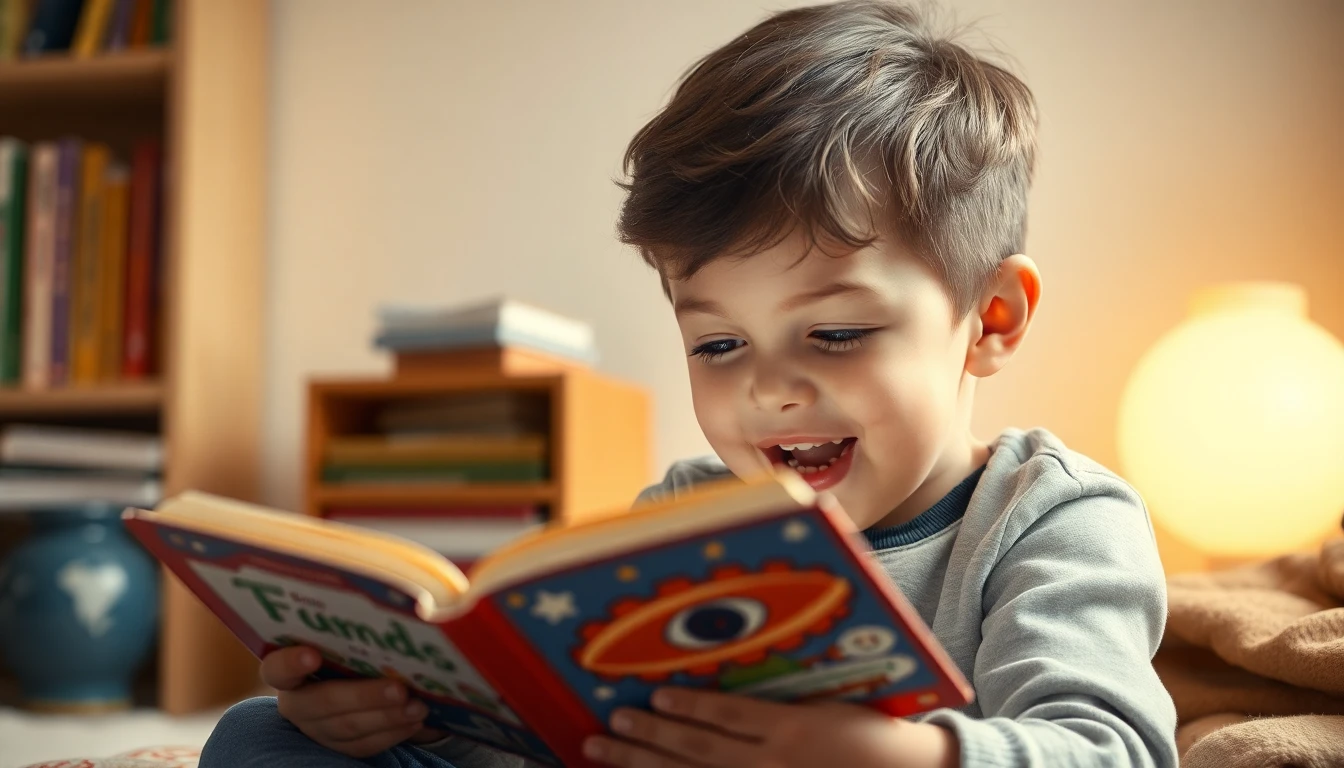
Are you searching for the best growth mindset books for kids? You’re in the right place. Helping your child build resilience and a love for learning starts with the right stories.
In this guide, you’ll find a handpicked growth mindset reading list for 2025. We’ve organized it by age and learning stage, so you can easily find picture books for mindset or growth mindset chapter books for older kids. Plus, you’ll get practical tips for parents and teachers to make the most of these books.
What is a Growth Mindset and Why is it Important for Kids?

Let’s start with the basics. What does “growth mindset” really mean for children?
Understanding the Growth Mindset
Psychologist Carol Dweck introduced the idea of a growth mindset in her famous book, Mindset. She explains that our abilities and intelligence aren’t fixed they can grow with effort, learning, and practice. This is the opposite of a fixed mindset, where people believe their talents are set in stone.
When kids develop a growth mindset, they start to see challenges as opportunities. They focus on progress and effort, not just natural talent. This helps them become curious, confident learners.
Try saying, “You worked really hard on that!” instead of “You’re so smart.” For more tips, check out our effort praise for kids article.
The Importance of Growth Mindset in Child Development
- Resilience: Kids with a growth mindset bounce back from setbacks. They see mistakes as a chance to learn.
- Motivation: They’re more willing to try new things and keep going, even when it’s tough.
- Positive Self-Esteem: Focusing on effort helps children feel good about themselves.
- Love of Learning: Growth mindset encourages curiosity and a passion for learning.
Teaching a growth mindset early sets kids up for success in school and life. It helps them handle challenges with confidence and a positive attitude.
Growth Mindset Books for Toddlers (Ages 2-4)

Even toddlers can start learning about growth mindset. Simple, colorful picture books for mindset are a great way to begin. Here are two favorites:
1. The Little Engine That Could by Watty Piper
- Description: This classic story is about a small engine that faces a big hill. She keeps saying, “I think I can!” and finally succeeds.
- Key Takeaway: Kids learn to believe in themselves and keep trying, even when things are hard.
- Why Recommended: The simple language and positive message are perfect for little ones.
2. Beautiful Oops! by Barney Saltzberg
- Description: This interactive book shows how mistakes can turn into something wonderful. Every “oops” is a chance to create.
- Key Takeaway: It teaches kids that mistakes are okay and can lead to new ideas.
- Why Recommended: The book is fun, colorful, and helps children see the good in every mistake.
Growth Mindset Books for Early Readers (Ages 5-7)

For early readers, mindset storybooks for kids can make a big difference. These stories show characters who try, fail, and try again. Here are two top picks:
3. The Dot by Peter H. Reynolds
- Description: Vashti thinks she can’t draw. But with a little encouragement, she makes a dot and discovers her creativity.
- Key Takeaway: Every child can be creative. The first step is just to start.
- Why Recommended: This book inspires kids to try new things and not be afraid of making mistakes.
4. Rosie Revere, Engineer by Andrea Beaty
- Description: Rosie loves inventing, but she’s scared to fail. With help from her aunt, she learns that mistakes are part of the process.
- Key Takeaway: Failure isn’t the end it’s a step toward success.
- Why Recommended: This story encourages kids to keep trying and follow their passions.
Growth Mindset Books for Elementary Students (Ages 8-12)

As kids get older, they can handle more complex ideas. Mindset books for elementary students help them see the value of hard work and positive thinking. Here are two excellent choices:
5. The Girl Who Drank the Moon by Kelly Barnhill
- Description: This magical story is about a girl who gains special powers and learns to accept herself.
- Key Takeaway: Kids learn to face challenges bravely and believe in their own abilities.
- Why Recommended: The story is exciting and encourages self-belief.
6. Wonder by R.J. Palacio
- Description: August, a boy with facial differences, starts school and teaches everyone about kindness and empathy.
- Key Takeaway: The book shows the power of acceptance and being kind to others.
- Why Recommended: It’s a moving story that helps kids understand and care for others.
Growth Mindset Books for Teens (Ages 13+)

Teenagers face new challenges as they grow. Growth mindset chapter books can help them build confidence and resilience. Here are two must-reads:
7. Mindset: The New Psychology of Success by Carol S. Dweck
- Description: This is the original book on growth mindset. It explains how our beliefs shape our success in school, work, and life.
- Key Takeaway: Teens learn the difference between fixed and growth mindsets and how to change their thinking.
- Why Recommended: The book gives practical tools for teens to take charge of their learning and future.
8. Grit: The Power of Passion and Perseverance by Angela Duckworth
- Description: This book shows why passion and perseverance matter more than talent for long-term success.
- Key Takeaway: Teens learn to set goals, work hard, and never give up.
- Why Recommended: It inspires teens to keep going, even when things get tough.
How to Use These Growth Mindset Books Effectively

Reading books about growth mindset is just the first step. To really help your child, you need to talk about the stories and use them in daily life.
Tips for Parents
- Read Together: Make reading a special time. Talk about the lessons in each book.
- Ask Questions: Ask your child how the story relates to their own life.
- Praise Effort: Focus on effort, not just results. See our effort praise tips.
- Model Growth Mindset: Show your child that you also learn from mistakes. Try our positive affirmation generator for daily encouragement.
- Create a Supportive Environment: Encourage your child to try new things and learn from mistakes. Explore growth mindset tips for parents.
Tips for Teachers
- Incorporate into Curriculum: Use these books in your classroom. Find more growth mindset resources.
- Facilitate Discussions: Let students share their thoughts and connect the stories to their own experiences.
- Provide Feedback: Give feedback that highlights effort and improvement.
- Create a Safe Space: Encourage students to take risks and learn from mistakes. Try our growth mindset assessment quiz for classrooms.
- Use Growth Mindset Language: Use positive, growth-focused language every day. See our self-talk affirmations for kids.
Conclusion: Cultivating a Growth Mindset in Your Child

Helping your child develop a growth mindset is a gift that lasts a lifetime. With the right growth mindset books for kids and a supportive environment, you can help them face challenges, build confidence, and reach their full potential.
Remember, growth mindset is a journey. Keep encouraging your child to learn, grow, and believe in themselves. With the right mindset, anything is possible!
FAQs
What is a growth mindset for kids?
A growth mindset means believing you can get better at anything with effort and learning. It’s about seeing challenges as chances to grow. Take our quiz to learn more!
Why is a growth mindset important for children?
It helps kids bounce back from setbacks, try new things, and enjoy learning. Over time, this leads to more success and happiness.
How can I encourage a growth mindset in my child?
Praise their effort, not just results. Encourage them to try, make mistakes, and keep going. Try our free mindset goal charts.
What are some signs that my child has a fixed mindset?
If your child avoids challenges, gives up easily, or thinks they can’t improve, they may have a fixed mindset. Read more in our growth mindset storybooks for children.
Are there growth mindset books for parents?
Yes! Many mindset books for parents help you support your child’s growth mindset. See our parenting tips for more ideas.
How do I select appropriate growth mindset books by age?
Choose books that match your child’s age and reading level. Younger kids need simple stories, while older kids can handle more complex topics.
Can mindset books be used for students in the classroom?
Absolutely! Mindset books for students are great for classrooms. Teachers can use them to build a positive, growth-focused culture. Check out our growth mindset activities for kids.
